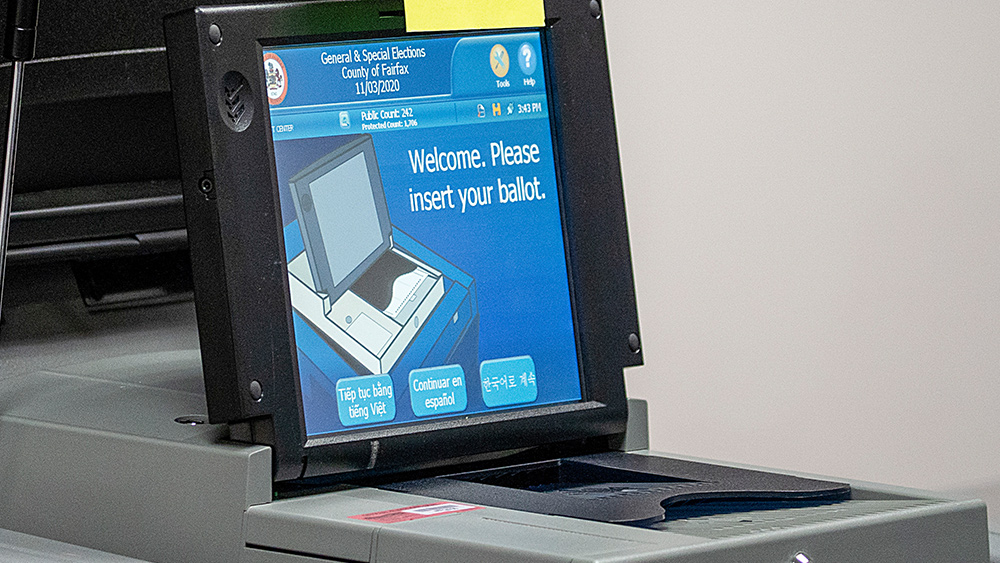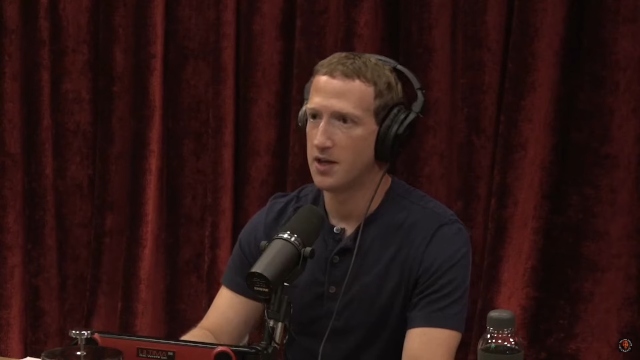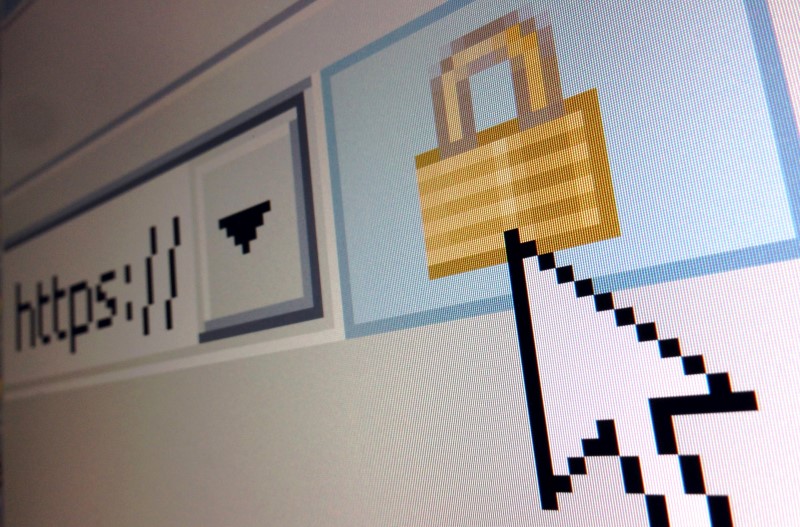What’s going on? Banks around the world experiencing power outages, leaving millions of customers stranded from their cash, assets
10/04/2021 / By JD Heyes

The IT systems of banks around the world are being hit with denial-of-service attacks, and it’s unclear why or how long they will persist. But one thing is certain: When these outages occur, customers are cut off from their cash and assets, and that’s never a good thing.
According to a report by Naked Capitalism, 20 banks in six countries — one of which is on COVID lockdown — on five continents recently experienced these DDOS attacks, and collectively, millions of bank customers have been affected.
“There’s never a good time for your bank’s IT system to go down. But few can be worse than in the middle of a lockdown. It’s difficult to leave home, your local branch may not be open, and as a result you are more reliant than ever on digital banking services,” the report said.
For instance, in New Zealand, in its seventh consecutive week of COVID lockdown (despite the fact that there were just a tiny number of outbreaks of this virus which is highly recoverable), one of its biggest lenders, Kiwibank, lost its IT system last week, which left customers stranded.
“It is one of a string of IT outages the bank has suffered over the past three weeks, after a DDoS attack on New Zealand’s third largest Internet provider caused IT crashes at a number of lenders, including Commonwealth Bank and Anz Bank,” the report continued.
It’s important to note that during a DDOS attack, no data is breached or stolen, but the bank or other business or institution cannot access its data. In the case of financial institutions, this means they cannot conduct business or allow customers to have access to their cash via ATM (computer systems would be down).
“New Zealand is not the only country to have suffered major outages within its banking system in recent weeks. Other countries include the UK, Japan, South Africa, Venezuela and Mexico, though there are no doubt more,” Naked Capitalism reported.
What’s going on? It’s not clear at this point, but the outlet reported:
All of these bank outages are happening for a variety of reasons, from internal problems within a bank’s IT system (Mizuho, Sabadell) to a botched update (BBVA), to a cyber attack (Kiwibank), to the downing of a hosting service (the collapse of bank websites around the world on July 22). But one thing they all highlight is the inherent fragility of banks’ IT systems, at a time when many people are using less and less cash and are becoming more and more dependent on digital banking services.
And it could be part of an emerging test pattern for what’s to come — which is repeated attacks on the global financial system not merely to steal wealth but also to disrupt the global economy and destroy the current system.
“Guggenheim Partners ($325 billion AUM) Chief Investment Officer Scott Minerd warned this week that the top economic risk is a cyber attack against the global payments system,” according to Forward Observer, a private subscription-based intelligence firm. “The global payments system includes financial infrastructure like the Federal Reserve’s Fedwire, SWIFT, Euroclear, and other systems that process financial transactions.”
The report noted that Minerd is putting the likelihood of a major cyberattack against the global financial system extremely high — at more than 50 percent.
“It would appear that we are extremely vulnerable to having an attack against the payment system of the financial markets… [I]f there was a synchronized attack, we would essentially bring the global financial market to its knees,” he said.
“The first response would probably be that securities prices would crash, and the second is we would probably have to close all the exchanges in the world in order to figure out how to restore the global payments system,” he added.
Our world is about to be rocked in a way it hasn’t since the Great Depression.
Sources include:
Submit a correction >>
Tagged Under:
banks, Collapse, cyberattack, cyberwar, DDoS attack, electricity, financial institutions, financial system, Glitch, global financial system, IT systems, money supply, power, power grid
This article may contain statements that reflect the opinion of the author
RECENT NEWS & ARTICLES
COPYRIGHT © 2017 GLITCH.NEWS
All content posted on this site is protected under Free Speech. Glitch.news is not responsible for content written by contributing authors. The information on this site is provided for educational and entertainment purposes only. It is not intended as a substitute for professional advice of any kind. Glitch.news assumes no responsibility for the use or misuse of this material. All trademarks, registered trademarks and service marks mentioned on this site are the property of their respective owners.



















